As our loved ones age, changes in memory and cognitive function can become more apparent. While some forgetfulness is a normal part of aging, more serious signs of memory loss might indicate a need for specialized care. Understanding when it’s time to consider memory care can make a significant difference in your senior’s quality of life.
Memory care is a specialized form of residential care that offers support and a structured environment for seniors with memory-related conditions such as Alzheimer’s and other types of dementia. But how do you know if your loved one could benefit from this kind of support? Here are five signs to watch for.
1. Increasing Forgetfulness and Confusion
Forgetfulness is common with age, but if your loved one is frequently forgetting important dates, names, or events, it may be a sign of a deeper cognitive issue. Memory care provides a structured environment with consistent routines that help reduce confusion and anxiety for seniors experiencing memory loss.
2. Difficulty with Daily Activities
Has your loved one started to struggle with basic tasks like dressing, bathing, or managing medications? Difficulty in performing these everyday activities can indicate that it’s time for additional support. Memory care programs offer assistance with activities of daily living, ensuring your loved one receives the help they need while maintaining as much independence as possible.
3. Changes in Behavior or Mood
Dementia and memory loss often bring about mood swings, increased anxiety, and even aggression. You might notice that your senior loved one is becoming easily agitated, withdrawing from social activities, or displaying sudden changes in personality. Memory care offers a calming environment tailored to those with cognitive impairments, focusing on reducing stress and enhancing well-being.
4. Wandering and Getting Lost
One of the most concerning signs of dementia is wandering, especially if your loved one becomes lost or disoriented even in familiar places. Memory care communities are designed with safety features like secure entrances and exits to prevent wandering while allowing residents to move around freely in a safe space.
5. Caregiver Stress
Providing care for a senior with memory loss can take a toll on family members. If you or other caregivers are feeling overwhelmed, burned out, or unable to meet your loved one’s growing needs, it may be time to consider memory care. By choosing a supportive residential care environment, you can ensure your loved one receives the specialized attention they require while relieving some of the burden on family caregivers.
What Is Memory Care and How Can It Help?
Memory care is a type of residential care designed specifically for individuals with Alzheimer’s, dementia, and other forms of memory impairment. This specialized form of care offers a safe, structured setting where seniors receive personalized support tailored to their cognitive and emotional needs.
The Benefits of Memory Care in a Residential Care Home
Memory care programs focus on providing a supportive environment that enhances the quality of life for seniors experiencing memory loss. Here are some key benefits:
- Personalized Care Plans: Each resident receives a care plan tailored to their specific needs and abilities, ensuring that they receive the right level of support while promoting independence as much as possible.
- Safe and Secure Environment: Memory care units are designed with safety in mind, featuring secure areas to prevent wandering and ensure residents are safe while maintaining their freedom to explore their surroundings.
- Specialized Activities and Therapies: Engaging in cognitive activities and therapies can help slow the progression of memory loss and improve overall mental health. Memory care communities often offer music therapy, art sessions, and memory games that are designed to stimulate cognitive function.
- Trained Staff: Caregivers in memory care settings are specially trained to understand the challenges of dementia and other cognitive impairments. They are skilled in providing compassionate, patient-centered care that meets the unique needs of each resident.
- 24/7 Support: Memory care provides around-the-clock assistance, ensuring that seniors have access to help whenever they need it. This constant support is vital for those with advanced memory conditions, who may experience confusion or require help at any time of day or night.
Considering the Next Steps
Making the decision to move a loved one into memory care can be challenging, but it’s a step that can greatly enhance their quality of life. By providing a structured, supportive environment, memory care helps seniors maintain their dignity and independence while offering peace of mind for their families.
If you’re noticing any of these signs in your loved one, it may be time to consider the benefits of memory care in a residential care home setting. Taking this step can provide the specialized care your loved one needs while also giving you the support and relief you deserve.
If you or an aging loved one are considering memory care in Centennial Hills, NV, please contact the caring staff at Golden Brook today. Call (702) 931-0055.
Golden Brook Residential Care Home is an assisted living facility located in Henderson, Nevada. The facility offers a variety of services to seniors who need assistance with their activities of daily living. These services include 24/7 care, medication management, meal preparation, laundry, housekeeping, and much more. The facility also offers activities such as bingo, exercise classes, and gardening to promote social interaction among residents. Overall, Golden Brook Residential Care Home provides a safe and comfortable environment for seniors who need assistance but still want to maintain their independence.
Our caregivers and staff members treat our clients, residents, and their families with the utmost respect. Our focus is to provide the highest quality of care and service with compassion and dignity.
- Helping Seniors Simplify Their Surroundings - April 4, 2025
- Is Your Senior Ready for a Move to Assisted Living? - March 21, 2025
- How Medical Advocacy Helps Seniors Manage Chronic Conditions - March 14, 2025




